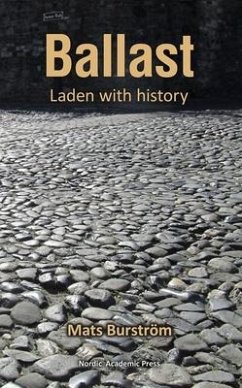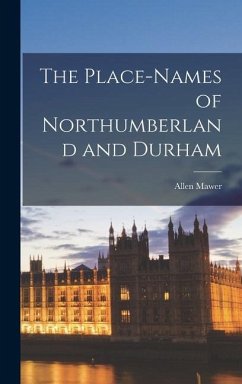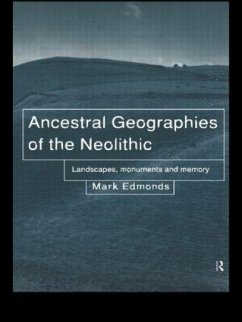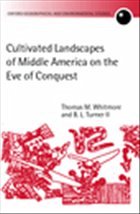Nicht lieferbar
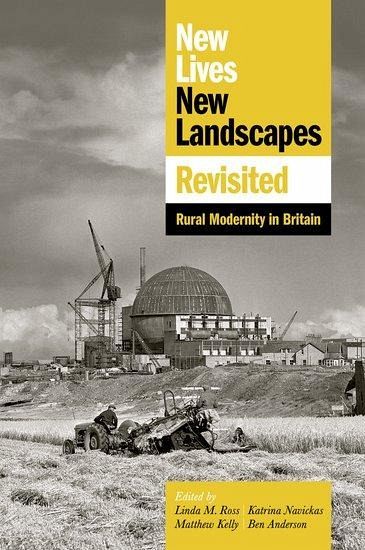
Gebundenes Buch
New Lives, New Landscapes Revisited
Rural Modernity in Britain
Herausgeber: Ross, Linda M; Kelly, Matthew; Anderson, Ben; Navickas, Katrina
Versandkostenfrei!
Nicht lieferbar




How did rural Britain become modern during the twentieth century? New Lives, New Landscapes examines how the development of modern infrastructure in Britain transformed both its landscapes and the lives of those who lived within them. Shifting the focus away from the city, the narrative challenges us to rethink what we mean by modern Britain.
Matthew Kelly is Professor of Modern History at Northumbria University and a member of the Editorial Board of Past & Present. He has published widely in the history of modern Britain and Ireland, particularly on environmental activism, the politics of landscape preservation and nature conservation, and the role of the state. Recent books include The Women Who Saved the English Countryside (Yale, 2022) and the edited volume Nature and the Environmental in Nineteenth-Century Ireland (Liverpool, 2019). He is beginning new work on a study of Max Nicholson (1904-2003), one of Britain's leading environmentalists. Ben Anderson is a Senior Lecturer in Environmental History at Keele University. His research interests range from how participatory, arts-based methods can inform the heritage of carbon culture, to the global politics and culture of ultraviolet light in the late-twentieth century, and European mountaineering as a practice of modernity in the years around 1900. He has published prize-winning articles on the latter, which is also the subject of his first monograph, Cities, Mountains and Being Modern in fin-de-siècle England and Germany (Palgrave-Macmillan, 2020). Katrina Navickas is Professor of History at the University of Hertfordshire. She is a historian of protest and social movements in Britain, with a focus on how protesters shaped space, place, and landscape. She has previously published Protest and the Politics of Space and Place, 1789-1848 (Manchester University Press, 2016), and she is currently working on a history of contested public space in England, 1750-2000. Linda Ross is a Research Fellow with Kingston University, working as part of the Nuclear Spaces: Communities, Materialities and Locations of Nuclear Cultural Heritage (NuSPACES) project. She focuses on the fusion of technological, social, and cultural histories, specialising in the relationship between energy infrastructure and communities. This is something she assessed during her PhD with the University of the Highlands and Islands and Historic Environment Scotland, which investigated the impact of the nuclear industry on the north of Scotland. As a Research Assistant at the University of Glasgow, she expanded her focus, mainly concentrating on the development of anti-nuclear protest. She is Reviews Editor for Northern Scotland.
Produktdetails
- Verlag: Liverpool University Press
- Seitenzahl: 320
- Erscheinungstermin: 1. Juli 2025
- Englisch
- Abmessung: 226mm x 163mm x 38mm
- Gewicht: 816g
- ISBN-13: 9780197267455
- ISBN-10: 0197267459
- Artikelnr.: 67863134
Herstellerkennzeichnung
Libri GmbH
Europaallee 1
36244 Bad Hersfeld
gpsr@libri.de
Für dieses Produkt wurde noch keine Bewertung abgegeben. Wir würden uns sehr freuen, wenn du die erste Bewertung schreibst!
Eine Bewertung schreiben
Eine Bewertung schreiben
Andere Kunden interessierten sich für




